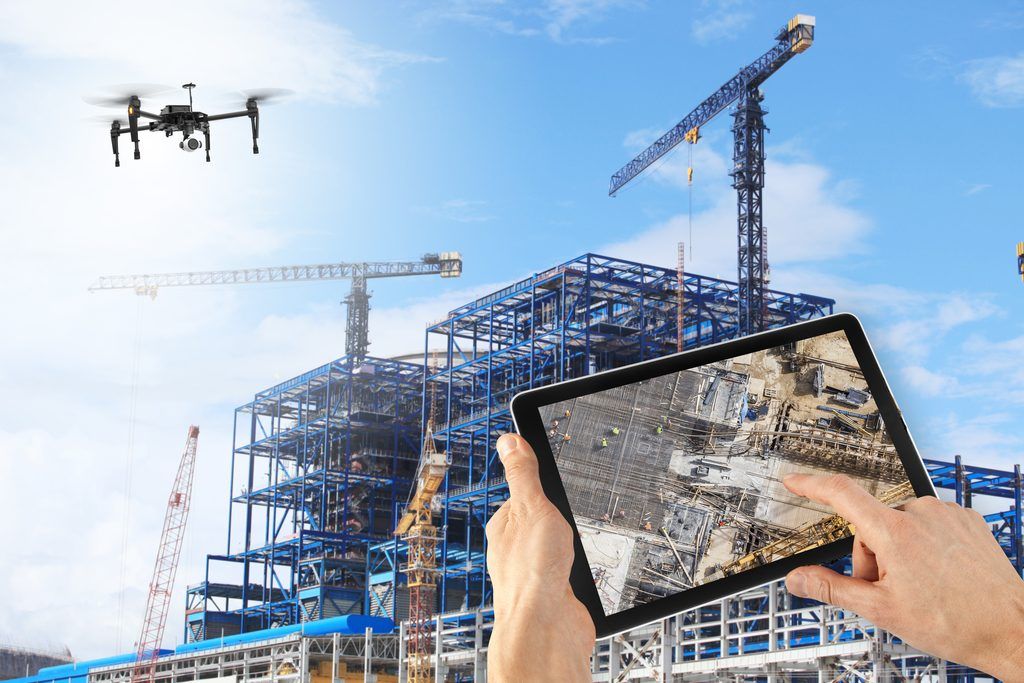Technology is constantly evolving and revolutionizing the way industries operate. In the realm of industrial equipment, advancements are being made to improve efficiency, safety, and productivity. Let’s explore some of the latest innovations in industrial equipment technology that are shaping the future of manufacturing and production.
1. Internet of Things (IoT) Integration
The Internet of Things is a game-changer in the industrial sector. IoT integration allows machines and equipment to communicate with each other, gather and analyze data in real-time, and make informed decisions. This connectivity enables predictive maintenance, remote monitoring, and optimization of operations. Industrial equipment with IoT capabilities can significantly enhance productivity and reduce downtime.
2. Artificial Intelligence (AI) and Machine Learning
Artificial intelligence and machine learning are revolutionizing industrial equipment technology. AI-powered systems can automate processes, optimize production, and predict potential failures. Machine learning algorithms can analyze vast amounts of data to identify patterns and make intelligent decisions. Industrial equipment equipped with AI technology can improve efficiency, accuracy, and overall performance.
3. Robotics and Automation
Robotics and automation have transformed the manufacturing industry. Robots are now being used for a wide range of tasks, from assembly and welding to packaging and palletizing. Industrial equipment with robotic capabilities can increase production rates, improve safety, and reduce human error. Automation streamlines processes and allows for greater precision and consistency in manufacturing operations.
4. Augmented Reality (AR) and Virtual Reality (VR)
Augmented reality and virtual reality technologies are being integrated into industrial equipment to enhance training, maintenance, and troubleshooting processes. AR overlays digital information onto the physical environment, providing workers with real-time instructions and support. VR creates immersive simulations that allow users to practice tasks and scenarios in a safe and controlled environment. Industrial equipment with AR and VR capabilities can improve efficiency, reduce errors, and enhance training programs.
5. Additive Manufacturing (3D Printing)
Additive manufacturing, also known as 3D printing, is revolutionizing the way industrial equipment is designed and produced. 3D printing allows for the creation of complex, customized parts with minimal waste and lead times. Industrial equipment manufacturers are using 3D printing technology to produce prototypes, spare parts, and even entire products. Additive manufacturing enables greater design flexibility, reduced costs, and increased sustainability in the production process.
6. Advanced Sensor Technologies
Sensor technologies are essential for monitoring and controlling industrial equipment. Advances in sensor technology provide real-time data on equipment performance, environmental conditions, and production processes. Sensors can detect anomalies, predict maintenance needs, and ensure optimal operation of machinery. Industrial equipment with advanced sensor technologies can improve reliability, safety, and efficiency in manufacturing operations.
7. Energy-Efficient Solutions
Energy efficiency is a top priority for industries looking to reduce costs and minimize environmental impact. Industrial equipment manufacturers are implementing energy-efficient solutions to optimize power consumption and reduce carbon footprint. Technologies such as smart energy management systems, variable frequency drives, and regenerative braking are being incorporated into industrial equipment to maximize energy savings. Energy-efficient industrial equipment not only benefits the bottom line but also aligns with sustainability goals.
Conclusion
The latest innovations in industrial equipment technology are reshaping the landscape of manufacturing and production. From IoT integration and AI-powered systems to robotics and additive manufacturing, these advancements are improving efficiency, safety, and productivity in industries around the world. By embracing these cutting-edge technologies, businesses can stay ahead of the curve, drive innovation, and achieve sustainable growth in the ever-evolving industrial sector.
